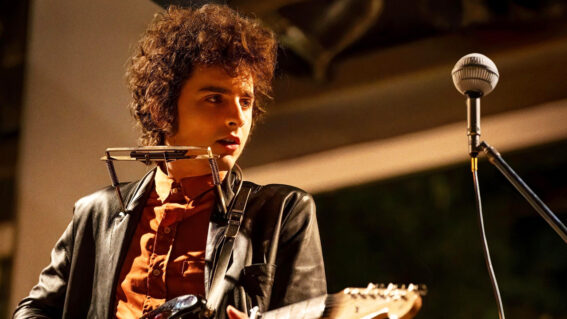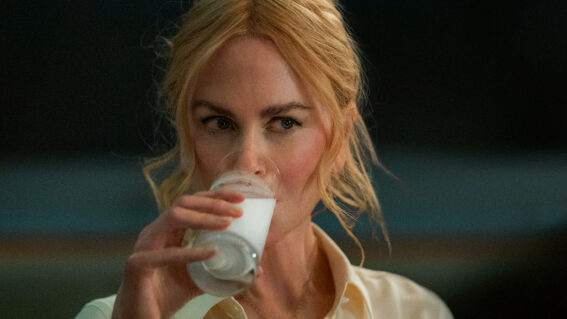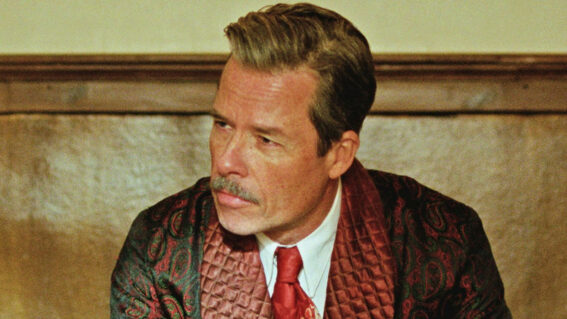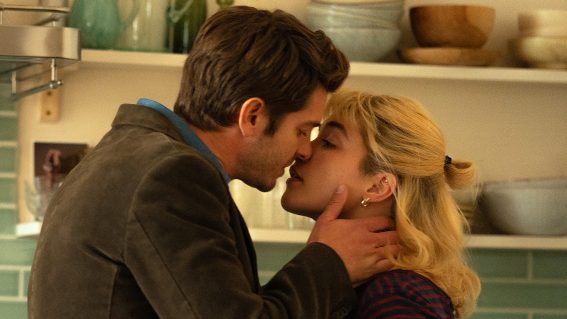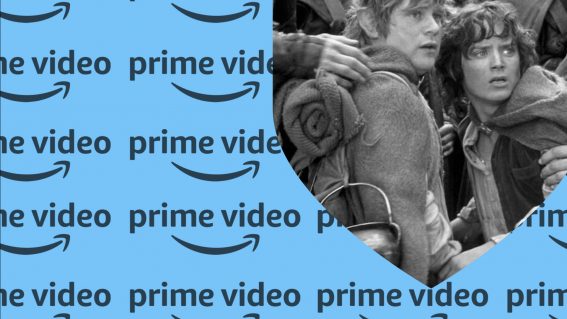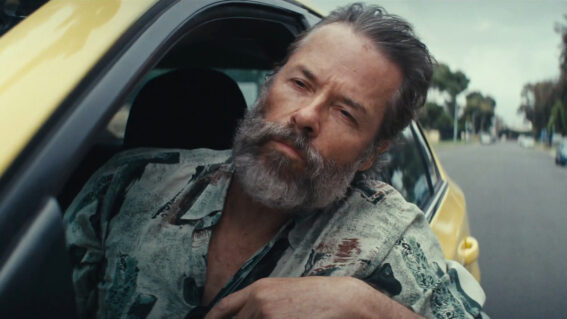Three reasons why we can’t get enough of Ted Lasso
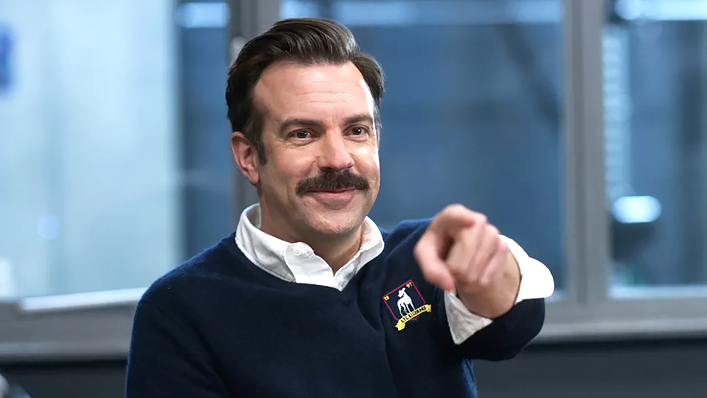
Apple TV+‘s hit series keeps cultivating more and more followers. Just why are audiences so besotted with Ted Lasso?
It just nabbed seven Emmys. It won a Peabody “for offering the perfect counter to the enduring prevalence of toxic masculinity, both on-screen and off, in a moment when the nation truly needs inspiring models of kindness.”
It’s the reason Jason Sudeikis is everyone’s new sitcom favourite—and it’s why debates have raged about whether British actor Brett Goldstein is a living, breathing, swearing human or CGI.
The show: Ted Lasso. Apple TV+’s biggest hit so far, it’s earned the kind of adoring following Parks and Recreation and Brooklyn Nine-Nine took a few seasons longer to amass. On paper, it mightn’t seem the type, given it follows a US football coach who crosses the pond to manage a struggling soccer team.
But just like its always-optimistic titular character, this warm-hearted comedy shouldn’t be underestimated. Its very first episode isn’t its strongest; however, from there, it’s a joyous gem that celebrates bringing out the best in your loved ones and supporting them through all their ups and downs. In short, Ted Lasso is just what we all need right now—and here’s three reasons why.
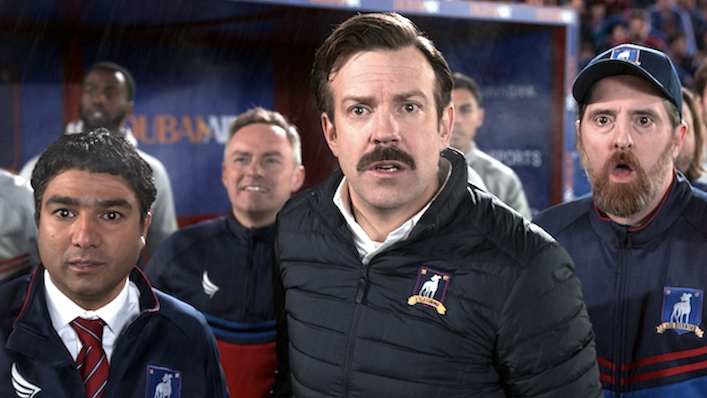
1) It’s set in a soccer club, but it isn’t really a sports sitcom
Here’s the setup: Ted Lasso (Jason Sudeikis), owner of the sunniest disposition on TV and keen baker of shortbread, is a college-level American football coach who just won a championship. Richmond AFC, his new employers, haven’t tasted success for years—and new owner Rebecca Welton (Hannah Waddingham) just received the club in her divorce. She’s bitter and looking for revenge on her ex, so she hires the least likely candidate to lead his adored team. And when Ted arrives with his folksy charm, he’s instantly seen as a joke by the British media and even some Richmond players.
Ted Lasso charts the wins and losses notched up under its namesake’s guidance, but it’s really a series about the culture behind those on-field antics. ‘Culture’ is one of the sporting world’s current buzzwords; however, the idea that being happy and supported precedes goals and premierships isn’t just a trend. Here, it’s the key to a sitcom about folks who coach and play soccer, or otherwise work for Richmond, but are people first and club employees after that. There’s gentle humour behind Ted Lasso, but it takes a leaf out of the Friday Night Lights playbook in putting sport second.
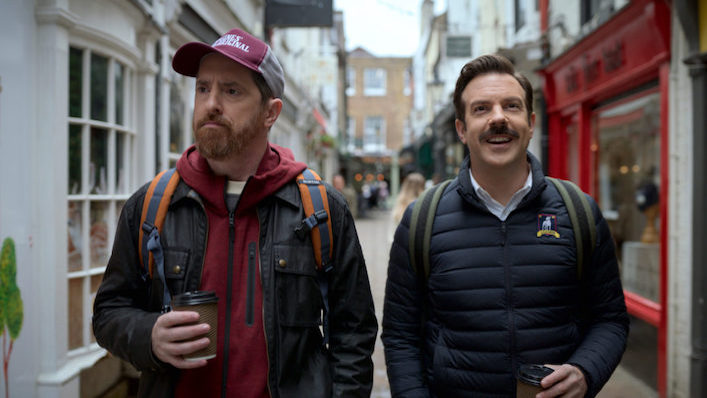
2) It’s a show about being there for others, no matter what
On paper, Ted Lasso ticks broad and obvious boxes. It’s a fish-out-of-water comedy, mining the culture clash between Ted and his new colleagues. It stems from TV ads for Premier League coverage, which is where the character debuted. But neither of these aspects guide the series.
Instead, Ted Lasso’s writing team—led by Sudeikis, actor/writer Brendan Hunt (the show’s taciturn Coach Beard), and Scrubs and Cougar Town creator Bill Lawrence—have taken the advice of Bill S. Preston Esq. and Ted ‘Theodore’ Logan. Yes, this is a series about being excellent to each other, or at the very least learning how.
With boundless enthusiasm, unwavering empathy and an open heart among his key traits, Ted is excellent to everyone. When Rebecca underestimates him again and again in the series’ early episodes, his smile doesn’t falter. When the press accosts him, he takes it in his stride. When egotistical striker Jamie Tartt (Phil Dunster) and quick-to-anger veteran Roy Kent (the not-CGI Brett Goldstein) won’t get along, he helps them work on their relationship.
Ted has his flaws and struggles, as the show’s second season dives into, but so much of Ted Lasso is about Richmond’s existing staff and players internalising his warmth and learning from it. And, it’s about doing so when things are tough as well as when they’re easy, a dynamic the sports premise cannily emphasises.
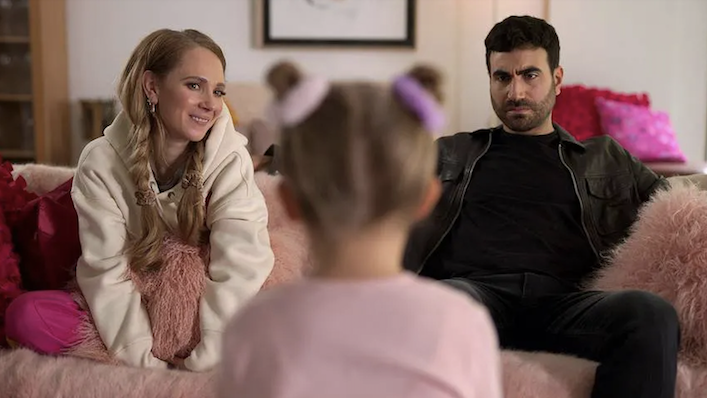
3) It’s exceptionally, impressively, almost ridiculously well-cast
He spent nine seasons on Saturday Night Live, was exceptional playing the jerk in Colossal, and has 30 Rock and Booksmart on his resume as well; however, Jason Sudeikis will always be synonymous with Ted Lasso from now on. He wears the cheery mood (and moustache) so well it’s initially disarming, especially if you’ve seen how expertly he plays the opposite elsewhere.
Take Movie 43, where Sudeikis dons a cape and cowl as Fake Batman. Snarky and arrogant, his performance is basically a pitch-perfect audition for a completely different type of Dark Knight movie. But trading that sarcasm for smiles suits Sudeikis in Ted Lasso, without ever feeling over-exaggerated or one-dimensional.
Every other role is just as aptly cast, from Brendan Hunt’s savvy physicality as Ted’s right-hand man, to Hannah Waddingham’s journey to self-acceptance as Rebecca. When the latter befriends Keeley Jones, who becomes Richmond’s PR manager, Ted Lasso gives Juno Temple one of her best roles while serving up layered portrayals of two complex women and their unexpected camaraderie. Brett Goldstein’s timing and presence as Roy, Phil Dunster’s ability to convey Jamie’s vulnerabilities and bluster in tandem, and nuanced work from Jeremy Swift and Nick Mohammed as long-standing club staffers Leslie Higgins and Nathan Shelley also prove as compelling.
Each character could’ve been a cliche, but not in the hands of this cast. Indeed, Ted Lasso happily subverts every trope that comes its way, and keeps challenging its characters in the process—making the end result infectiously insightful, tender, funny, and charming.




